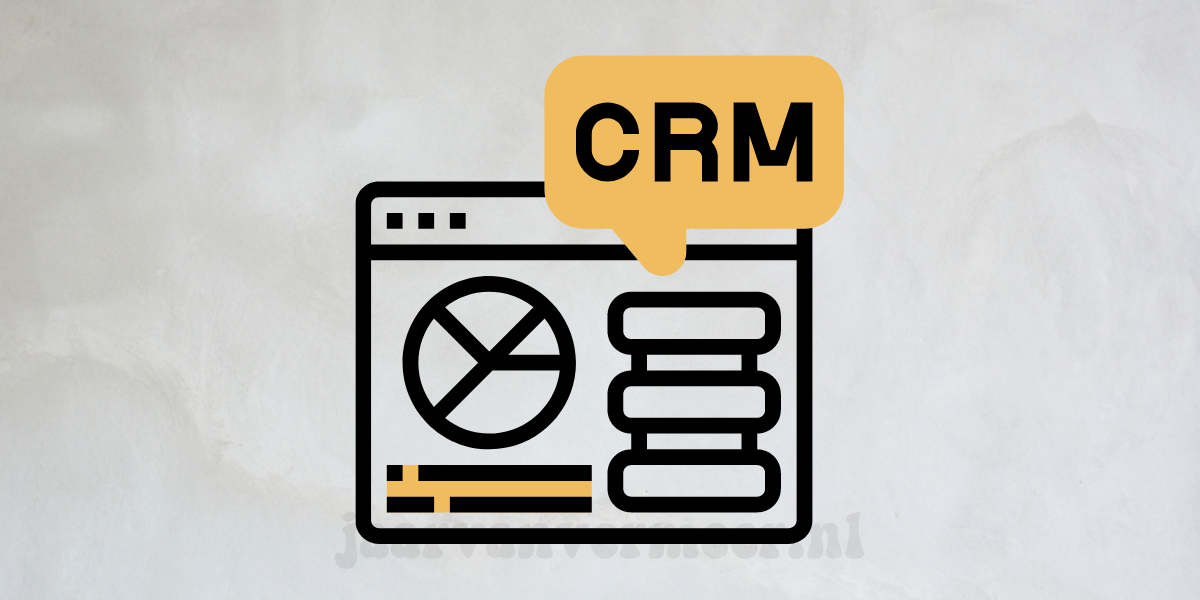
Many companies don’t realize that their greatest asset is their customer base. It waits patiently to be found and polished, just like a rough diamond. It is only then that you can see its actual value. CRM Software can help you harness this hidden resource and make a significant impact on your business.
These data can be intelligently used in your CRM system to gain a competitive advantage. BI, or Business Intelligence, is the management and transformation of company internal data to produce intelligent information. Companies can make better decisions and predict future trends by using the stored data in a database. It improves both business intelligence and competitive intelligence.
Forrester Research states that Business Intelligence is “a collection of methodologies, processes, and architectures that transform raw data into useful and meaningful information that can be used to support strategic, tactical and operational insight and decision-making.”
How is Business Intelligence applicable to Customer Relationship Management?
Business Intelligence is a critical component in the establishment of a successful CRM strategy in a company. It involves each employee working together to build and maintain a relationship with each customer. Business Intelligence is a tool that enables a company’s CRM system strategy.
Before you can improve business intelligence, there are some prerequisites. Some of these requirements include:
1. Data Integrity
A clean database is the best starting point. Data integrity is essential for business intelligence. Find duplicate entries and filter them out. Duplicate entries to the database can have a significant impact on future management decisions. Data entry errors or missing data can have a profound effect on the quality of the information extracted from the database. This could lead to profit loss. These inaccuracies may lead to the tedious task of matching up different lists and contacting clients and businesses to update contact details. While it could cost a lot and be time-consuming, it can also provide substantial benefits for companies in the long term.
2. Data Collaboration
It is essential to have data collaboration across departments. Even though you may have all of the data in your database, it is not sufficient. Although all company data exists, data may not be helpful or meaningful if it is spread across departments. The sales team can significantly benefit from the integration and sorting of data to meet customer needs. It is also essential to keep your CRM software updated to avoid duplicate tasks and save employees from embarrassing moments.
3. Data Analysis
An in-depth analysis of customer data stored in CRM software can help reduce market response times. Knowing your customers’ needs and wants will help you make the right decision about their next purchase. This will enable you to better match your products and services with the needs of your customers.
Business intelligence is also about the results of daily business decisions. It does not just include analysis of data. CRM software can help you track customer interactions, such as past and current purchases, product inquiries, buying patterns, and so on. This software will allow you to monitor the performance of your business, giving you the ability to anticipate customer needs and prevent customer attrition.
Your CRM Software’s current and accurate information will ensure that sales and marketing personnel are always informed, which will allow you to attract more customers. This will enable you to create more effective campaigns, get a better response rate from your marketing campaigns, identify the reasons for customer loss, and then find ways to avoid future attrition.
Not least, it is essential to be aware of market conditions outside your home. You can quickly react to changes in the market if you are aware of trends. Your company will be able to better serve its existing clients and target new customers by understanding customer behavior through the use of your products and/or services.